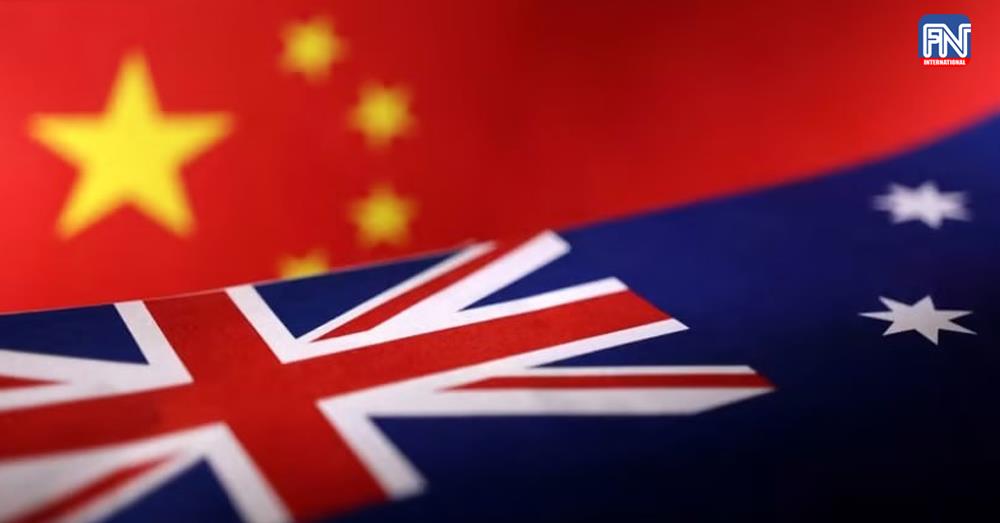SYDNEY, Feb 9 (AFP) - The Australian government will examine surveillance technology used in offices of the defence department, Defence Minister Richard Marles said on Thursday (Feb 9), amid reports the Chinese-made cameras installed there raised security risks.
The move comes after Britain in November asked its departments to stop installing Chinese-linked surveillance cameras at sensitive buildings. Some US states have banned vendors and products from several Chinese technology companies.
"This is an issue and ... we're doing an assessment of all the technology for surveillance within the defence (department) and where those particular cameras are found, they are going to be removed," Marles told ABC Radio in an interview.
Opposition lawmaker James Paterson said on Thursday his own audit had revealed almost 1,000 units of equipment by Hangzhou Hikvision Digital Technology and Dahua Technology Co - two partly state-owned Chinese firms - were installed across more than 250 Australian government offices.
Paterson, the shadow minister for cyber security and countering foreign interference, urged the government to urgently come up with a plan to remove all such cameras.
Marles said the issue was significant but "I don't think we should overstate it".
Australian media reported on Wednesday that the national war memorial in Canberra would remove several Chinese-made security cameras installed on the premises over concerns of spying.
Hikvision and Dahua Technology did not immediately respond to request seeking comment.
Australia and China have been looking to mend diplomatic ties which soured after Canberra in 2018 banned Huawei from its 5G broadband network. That cooled further after Australia called for an independent investigation into the origins of COVID-19.
China responded with tariffs on several Australian commodities.
Prime Minister Anthony Albanese said he was not concerned about how Beijing might react to the removal of cameras.
"We act in accordance with Australia's national interest. We do so transparently and that's what we will continue to do," Albanese told reporters.
